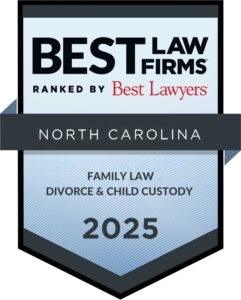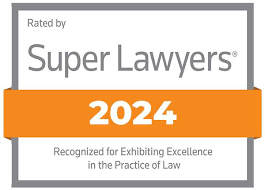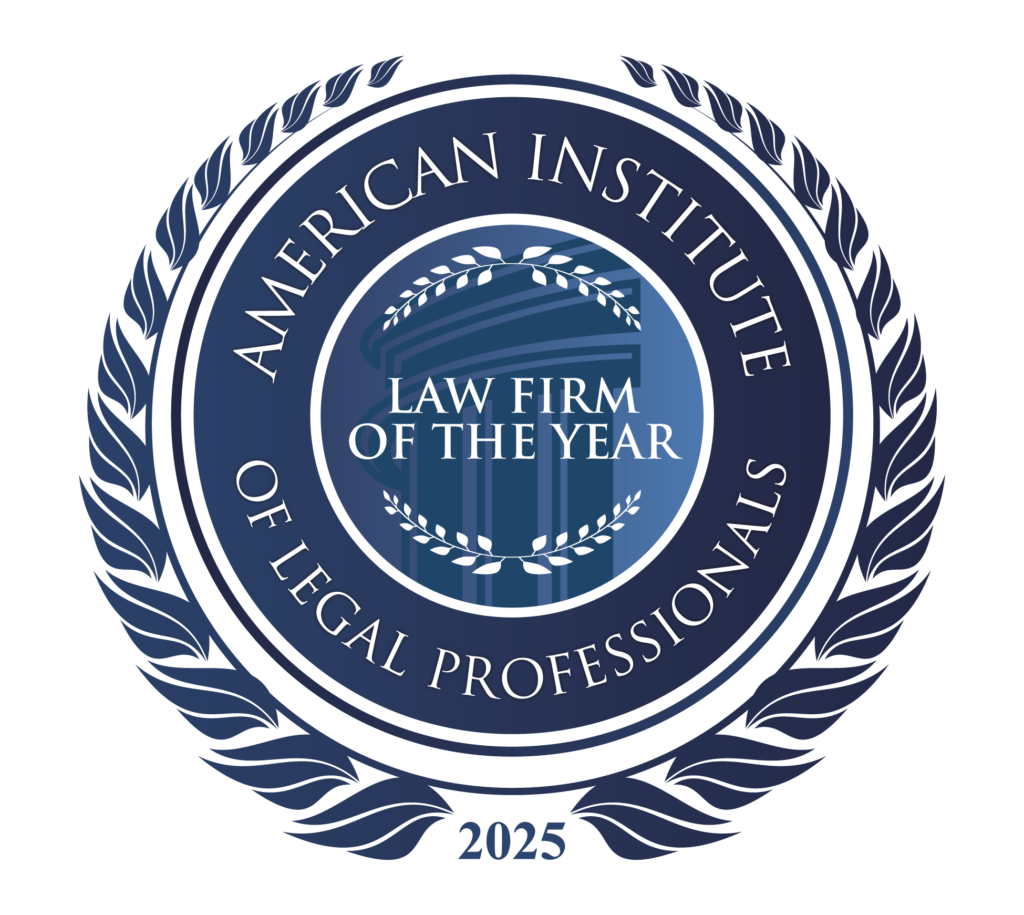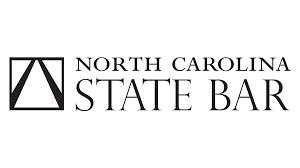Greensboro Divorce Mediation and Arbitration
North Carolina Family Law
Greensboro Divorce Mediation: process, programs, and local timelines
Resolve divorce, custody, support, and property issues in Greensboro through mediation. We guide families through court-ordered custody mediation and family financial settlement conferences, plus private mediation options that produce clear consent orders and lasting parenting plans.

Greensboro Divorce Mediation with Local Court Experience
Krispen Culbertson has practiced in Guilford County District Court for 20+ years, handling court-ordered Family Financial Settlement mediations, private divorce mediations, and the court’s Child Custody Mediation Program. We convert agreements into clear consent orders that clerks and plan administrators can follow.
Fast answers
Custody mediation is mandatory in contested custody/visitation cases unless excused; it’s provided by the court and free to parents.
Orientation is required in Guilford County before custody mediation is scheduled.
Family Financial mediation (equitable distribution, alimony, child support) can be court-ordered under G.S. 7A-38.4A and the Supreme Court’s Family Financial Settlement rules.
In custody mediation, attorneys typically do not attend the session, but we review any agreement before it becomes a court order.
Remote orientation/sessions may be available by local order; ask us about current procedures.
What “Greensboro divorce mediation” covers
Divorce mediation helps spouses settle issues—property division (Equitable Distribution), alimony and postseparation support, child custody, and child support)—without a contested trial. Mediation can be court-run (custody program) or private with a North Carolina DRC-certified Family Financial mediator. Agreements are turned into separation agreements or consent orders the court can enter.
Greensboro & Guilford County court programs
- Child Custody & Visitation Mediation (District Court): In contested cases, the court refers parents to mandatory mediation with a court mediator. No fee is charged for this program. Orientation is required before the first session.
- Family Financial Settlement (District Court): For equitable distribution, alimony, postseparation support, and sometimes child support, judges may order a mediated settlement conference under G.S. 7A-38.4A. Mediators are typically DRC-certified Family Financial mediators.
- Private Mediation (anytime): Parties may choose private mediation early to resolve all issues and present consent orders without repeated hearings.
Steps in a Greensboro divorce mediation
What to bring to mediation
- Recent pay stubs, W-2/1099, and most recent tax return
- Budget with childcare, healthcare, and housing costs
- Parenting time calendar (last 60–90 days) and proposed schedule
- Statements for mortgage/lease, bank/credit cards, retirement, brokerage, stock awards
- Titles/deeds and any small business financials
- Any prior orders or agreements
Fees & who pays
Custody mediation through the court is free to parents. For Family Financial mediations (property, alimony, support), mediators charge fees under program rules or private-mediation rates; parties typically split unless otherwise agreed or ordered. We’ll discuss local practices and options before scheduling.
Safety, waivers, and remote options
- Excusals from custody mediation may be available for good cause (e.g., domestic violence); talk with us about requesting a waiver.
- Remote orientation and mediation may be permitted by local order; we’ll advise on current Guilford County procedures.
- Military families — We accommodate deployments and training schedules and coordinate with any SCRA concerns.
Arbitration in Greensboro family cases
Family law arbitration is a private, out-of-court process where a neutral arbitrator decides disputed issues. In North Carolina, spouses can agree to arbitrate most matters tied to a marital breakup—like equitable distribution, alimony, and sometimes child support/custody—but not the divorce decree itself. Any child-related award remains subject to court review and can be modified later if circumstances change.
- When it helps: complex property cases, tight schedules, or when you want a private record and a faster, binding decision.
- Process: we prepare the arbitration agreement, select an experienced family law arbitrator, exchange documents, present the case, and submit the award for confirmation so it’s enforceable.
- Custody/support limits: decisions must serve the child’s best interests and can be modified later with a substantial change in circumstances.
- Not court-ordered arbitration: this is different from the state’s civil court-annexed arbitration program (family cases aren’t sent there).
Can a prenup force arbitration of custody or child support?
Is an arbitration award final?
FAQs — Greensboro Divorce Mediation
Is custody mediation required in Greensboro?
Do lawyers attend custody mediation?
What issues are handled in Family Financial mediation?
How long does divorce mediation take?
What if we can’t agree?
Will our agreement be enforceable?
Why Greensboro families choose our mediation guidance
- 20+ years in Guilford County family court calendars
- Hands-on with court custody mediation and Family Financial Settlement procedures
- Clean property spreadsheets, budgets, and consent orders that avoid repeat hearings
- Settlement-first approach; focused trial plan when needed
- Straightforward fees and steady communication
Visit Our Greensboro Office
315 Spring Garden St Ste #300, Greensboro, NC 27401
Phone: (336) 272-4299
Hours: Mon–Fri 8:30 AM–5:00 PM
Areas we serve: Greensboro (Downtown, Fisher Park, Irving Park, Lindley Park, Adams Farm, Sedgefield, Lake Jeanette), High Point, Jamestown, Summerfield, Oak Ridge, Burlington, and greater Guilford County.


Contact us now
book consultation







No Comments
Sorry, the comment form is closed at this time.